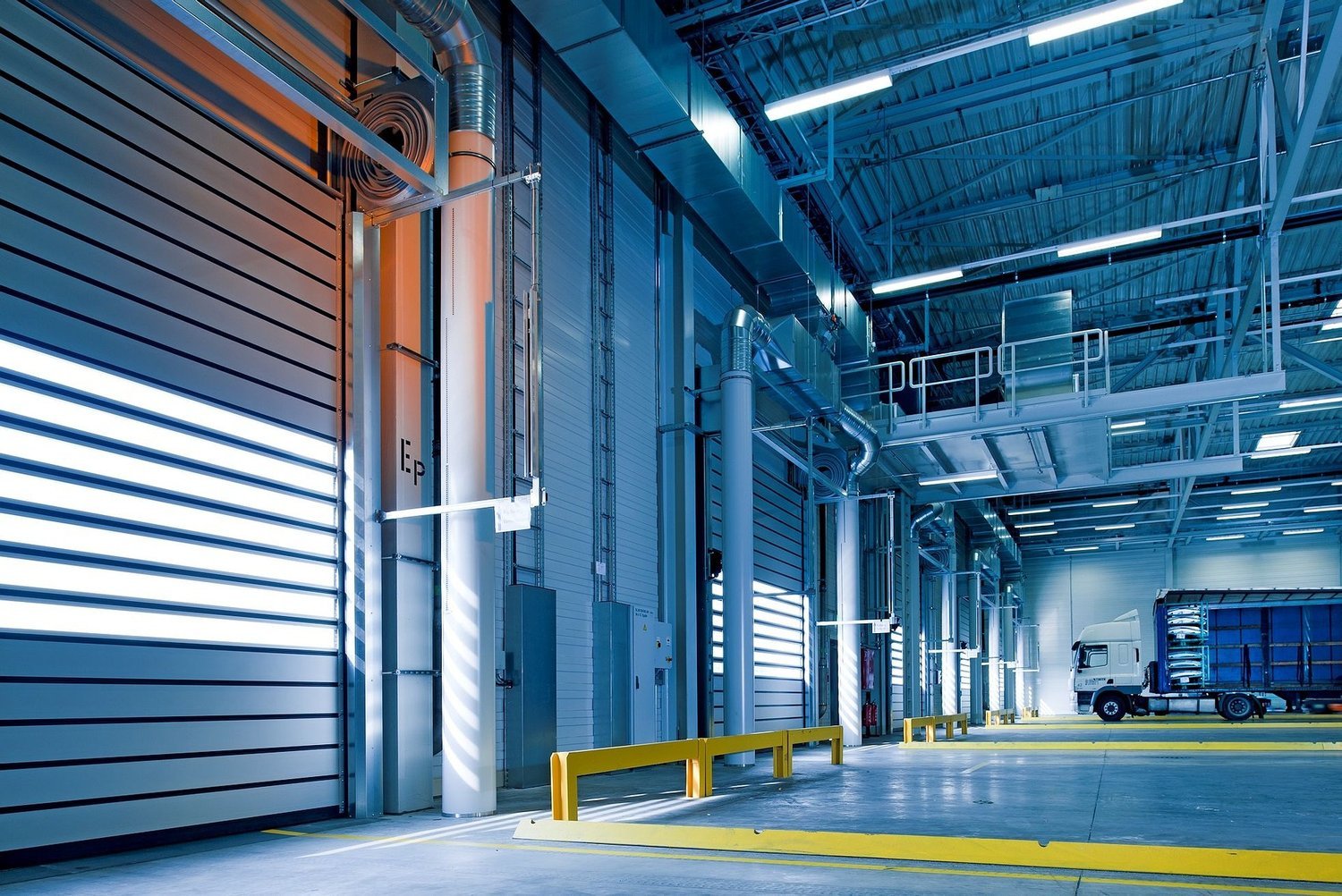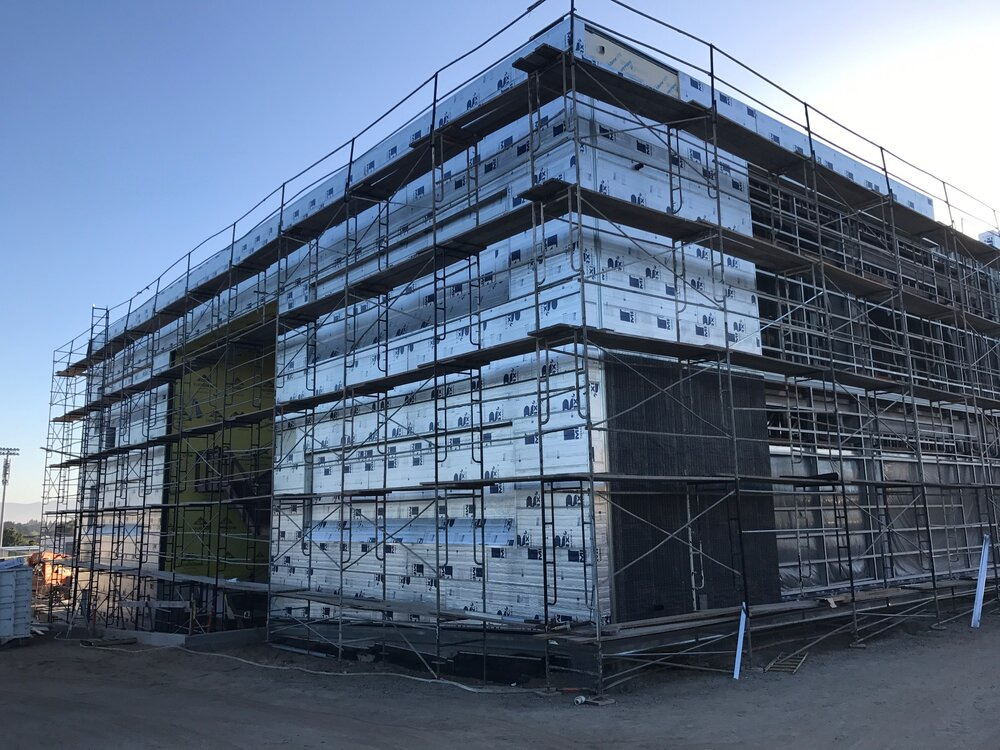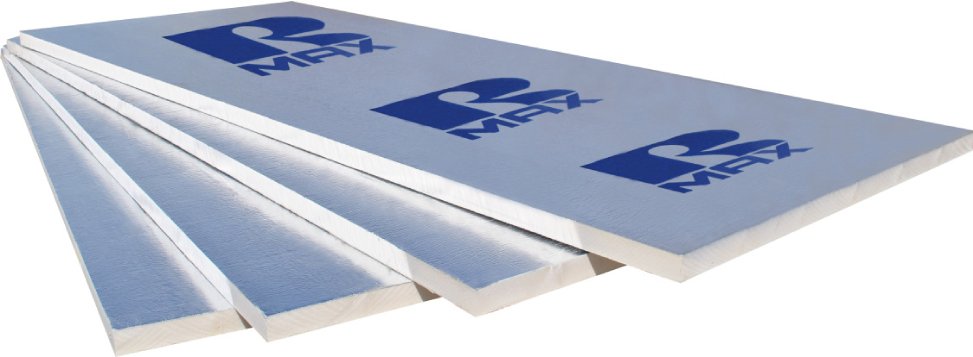Pre-engineered metal buildings (PEMBs) are a popular building model that can save time and money during the construction phase and beyond. However, most metal buildings don’t come pre-packaged with insulation—so now it’s up to you to complete the job.
If you’re thinking that spray foam insulation for metal buildings is your only option, you’d be missing out. Let’s break down the options and find out whether spray foam insulation on metal buildings is the best solution.
Should You Insulate Your Metal Building?
Metal buildings don’t come pre-insulated, so should you add it? It depends on the building’s use. If you’re simply using the space for storage, you may not want or need insulation. However, if the space is going to be housing sensitive items, temperature controlled, or occupied year-round—you will probably choose to insulate your metal building.
Some of the top reasons to insulate a metal building include:
Enhanced Thermal Comfort
Freeze Protection of Building Components
Energy Efficiency in Temperature-Controlled Spaces
Sound Absorption
Reduced Risk of Condensation
Types of Metal Building Insulation
As with most construction types, you have a range of choices when it comes to picking an insulating material to line your metal building’s envelope. Here are some common choices for metal building insulation:
Spray Polyurethane Foam (SPF)
Liner Systems
Board Insulation
Insulated Metal Panels
Fiberglass Batts, Blankets, or Rolls
Metal Building Spray Foam Insulation
Spray foam insulation in metal buildings is common practice due to its ability to infill irregular shapes and seal up air gaps inside this type of structure. However, there are a lot of problems with using spray foam insulation on metal buildings.
Problem #1: Voided Warranty
The biggest problem with using metal building spray foam insulation is a voided warranty. Often, PEMB manufacturers do not allow the direct application of spray foam insulation to their metal panels. Always check with your building’s manufacturer before applying spray foam insulation to ensure that you’re not voiding the warranty.
Problem #2: Rust
Direct application of spray foam insulation on metal buildings sometimes causes an unexpected reaction between the SPF chemicals and the metal panels. This can lead to premature corrosion, and result in rust appearing on your building’s envelope.
Rust can also be caused by condensation that gets trapped between layers during the application of the metal building spray foam insulation. This is from failure to allow full curing between passes.
Problem #3: Specialized Installation & Equipment
Proper installation is key with spray foam. Spray foam insulation for metal buildings requires a professional installer who is equipped with specialized equipment and expertise. Poor installation will result in poor performance, uneven application, condensation issues, or even complete failure to cure if the components’ mixture ratio is off.
Problem #4: Visual Aesthetics
If aesthetics are important to you, spray foam is probably not the way to go. Spray foam is usually left exposed and is not visually appealing due to the nature of how foam cures.
Problem #5: Air Quality Issues
Spray foam insulation in metal buildings sometimes works a little too well to seal up a building. This can result in air quality issues as well as lingering chemical odors from the spray foam off-gassing.
Problem #6: No Nailable Surface
Unless you take additional steps to cover your interior walls with another nailable substrate after installing spray foam insulation, you will be limited on nailable surface for your walls and ceiling—leaving only the studs as a nailable surface.
Why Choose Polyiso for Metal Building Insulation?
A better alternative to spray foam insulation for metal buildings is closed-cell polyisocyanurate foam boards, aka Polyiso. Here’s why:
Polyiso never voids your metal building warranty.
Polyiso won’t cause rust, condensation, or chemical reactions.
Polyiso is easy to install and doesn’t require special equipment or knowledge.
Polyiso offers a uniform, finished look and can be easily concealed if desired.
Polyiso has low or no odor or off-gassing.
Polyiso offers a high R-Value per inch at R6 per inch.
Polyiso has nailable-facer options.
Rmax offers multiple polyiso board solutions that perform well as metal building insulation.
Rmax Thermasheath®
Thermasheath® is a polyiso foam core insulation with reinforced aluminum foil facers that can be used in metal building applications including exterior walls, attics, and foundations.
Rmax Durasheath®
Durasheath® is a polyiso foam core insulation with inorganic coated glass fiber mat facers that can be used to insulate metal building exterior walls, ceilings, attics, and crawl spaces.
Rmax ThermaBase-CI™
ThermaBase-CI™ is a structural insulation that is made of Thermasheath™ or Durasheath® polyiso foam core insulation bonded to 7/16” OSB for a nailable surface.
Metal Building Insulation Solutions from Rmax
Get help from the experts to pick the best insulation for metal buildings. Rmax has been in the insulation industry since 1978 and can deliver high quality products that won’t void your metal building warranty.
Reach out to the Rmax experts today for help picking the right solution!






